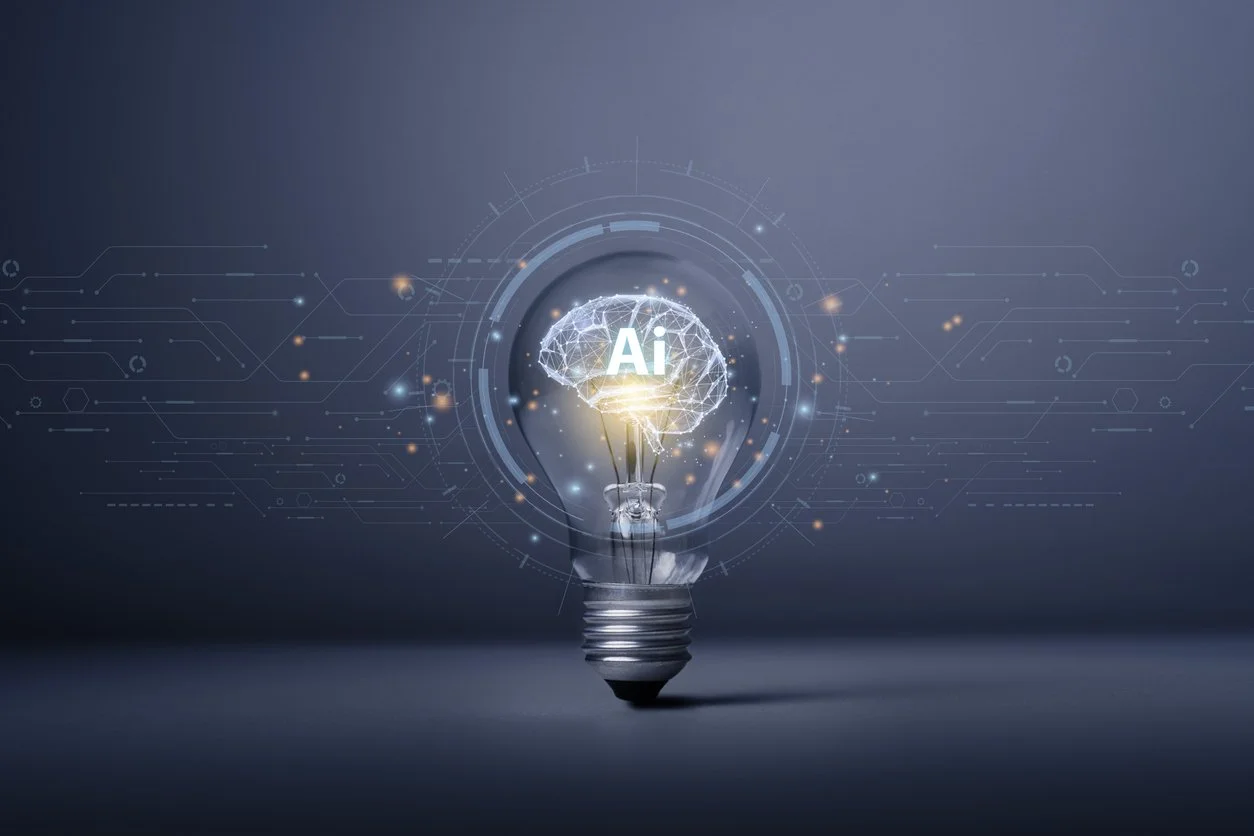Nieman Lab - Adaptive partnerships in the AI data marketplace
CJL director Courtney Radsch evaluates how AI collaborations can restructure the media landscape, offering opportunities for publishers while challenging smaller outlets to adapt.
Journalism faces unprecedented challenges in 2025 as the intersection of artificial intelligence, content creation, and business models reaches a critical juncture. As Google and Meta continue to pivot away from news while introducing new generative AI search and chatbots, the limited revenue and access to audiences that publishers were able to obtain from referral traffic is set to decline further, meaning that adaptation is not optional — it’s existential.
The great content divide
The valuation and protection of journalistic content in an era of aggressive AI-driven content extraction is taking place against a backdrop of increasing integration of AI in the newsroom and operations. After a flurry of partnerships and licensing deals with the most prestigious and content-rich news brands over the past year, Big Tech firms Google, Meta, Microsoft, and (Microsoft-backed OpenAI) are unlikely to pursue as many in the year to come as they continue to claim fair use for text and data-mining amid a slew of lawsuits that will take years to resolve. This strategic co-optation of publishers with the biggest and highest quality portfolios — which also happen to be those with the resources to sue — will create a stark divide in the media ecosystem, where only the largest publishers with guaranteed content pipelines will secure AI partnerships with the Big Tech firms and AI unicorns. This will leave the long-tail of smaller, regional, local, ethnic, investigative, and specialized outlets struggling to adapt to an environment in which referral traffic from search and social media continues its precipitous decline amid increasing competition from AI-generated content farms and AI-curated news apps.
Read full article here.

